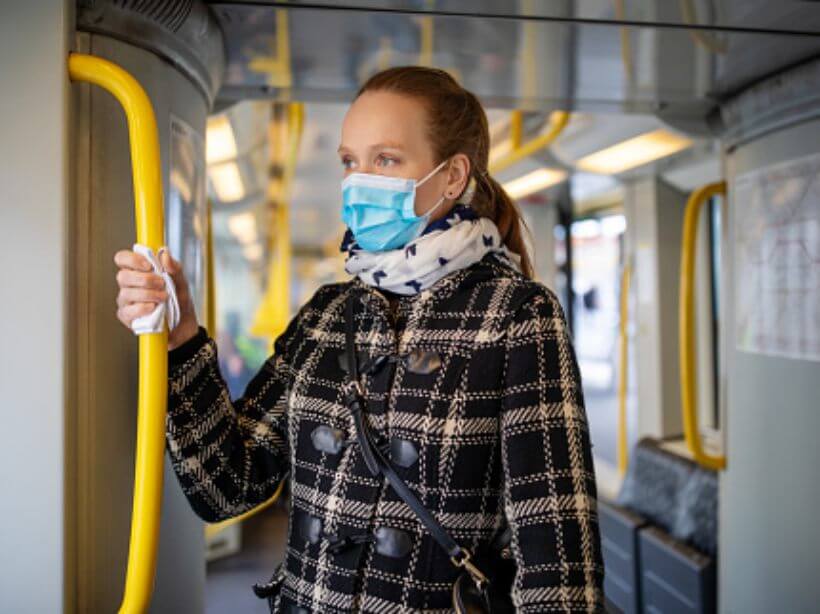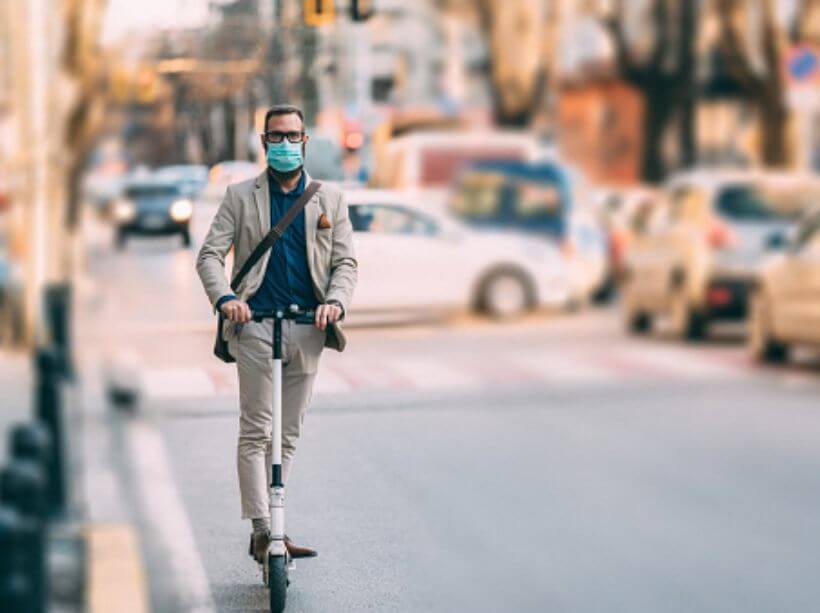The Osservatorio Nazionale Sharing Mobility presented the results of a survey addressed to Italian users of shared modes, providing useful information and data for the activities of the Italian TInnGO Hub. The main aim of the questionnaire was to investigate travel habits before the COVID-19 emergency and lockdown (beginning March 9 in Italy), and the propensity to use the different transport systems after this period. At the same time, the questionnaire wanted to depict the respondents’ perception of healthiness related to the various modes in light of the emergency, together with their knowledge of the sanitization procedures performed.
The surveying period lasted from April 20 to May 10, with the participation of 12,600 people (45% are women). One of the main findings is promising for the shared mobility system: two out of three previous users are not willing to change their urban travel habits by continuing to use shared modes and services, even in the post-confinement period. More in detail, great users’ loyalty is guaranteed for bike-sharing and scooter sharing, with respectively 69% and 66% of people who will continue to ride these means. Car sharing also performed well, with 61% of the respondents saying they are ready to drive a shared car in the post-lockdown phase. Public transport is the mode which seems more affected by the current situation: only 43% of previous users declare that they will travel again with this means. Besides, this is the mode that is perceived as less healthy, according to the respondents’ evaluation.

It is interesting to observe that 15% of the sample lives in Lombardia, the Italian region most affected by COVID-19. However, the rate of people declaring that they will use the same modes as before the emergency is very high, with all transport means reaching values over 65%. Differently from the entire dataset, public transport will be chosen by 69% of respondents, while only 65% of them will use car sharing as before.
The survey also investigated the level of knowledge of sanitization procedures among the respondents. Half of the sample declares knowing that the shared modes are regularly cleaned, with the scooter sharing users being the most informed (77%). By contrast, only 43% of people riding shared bikes are aware of the hygiene and sanitization procedures required for these modes.
The complete results of the survey can be found at the following link (in Italian).





